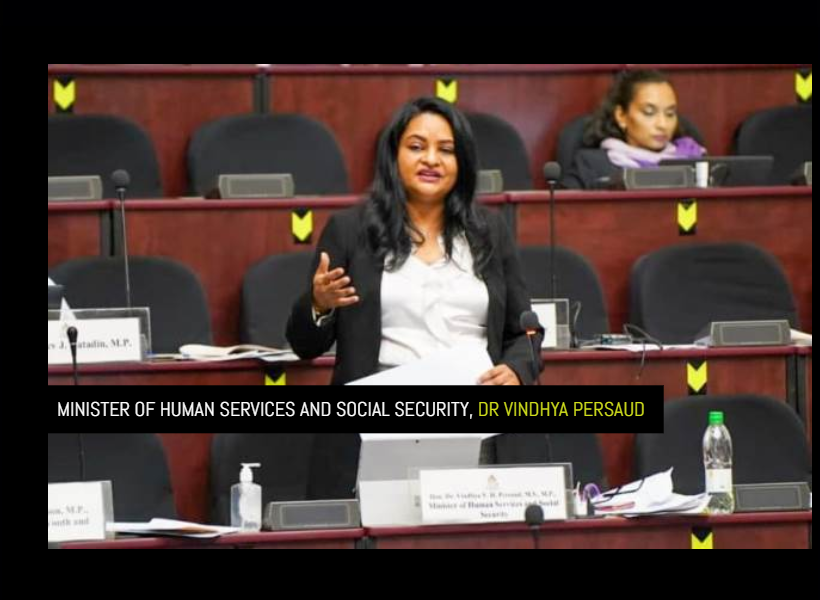A bill designed to replace the 1996 Domestic Violence Act was passed in the House today. It proposes widespread changes to reflect the existing and emerging realities surrounding family violence. One of the standout features includes the empowering of police officers to enter premises without a warrant to render urgent assistance to a victim.
“You do need a warrant to enter premises, [and] you do need a warrant to arrest, but this bill removes some of that. Without a warrant, the police may enter any premise for the purpose of rendering assistance,” Minister of Human Services and Social Security, Dr. Vindhya Persaud told the House today as she provided an overview of the Family Violence Bill.
Aside from that, the bill also places more scrutiny on the actions of the police in dealing with such matters. For example, police officers must take the report and will no longer have the “discretion” of dismissing a complaint or make an attempt at reconciling the parties.
The report must then be taken to a senior officer who has 48 hours to decide whether the perpetrator will be charged. In compiling that report, the officer must include evidence and detailed action taken by the police in probing the case.
The minister noted that the bill benefitted from widespread input from civil society and stakeholders hoping to provide more coverage for victims through the law. The change in nomenclature, from “Domestic Violence” to “Family Violence” is essential to making the law more widely applicable to persons within the family construct and not restricted to persons in an intimate relationship.
The minister explained: “If we look at the Domestic Violence Act, it spoke to violence occurring between two persons at an interpersonal level, more so at an intimate level, and did not take into account the violence that could occur within the family”.
Beyond the change in nomenclature, the minister noted that the bill was formulated after a year of consultation and benefitted from recommendations from a research paper that was conducted via the “Spotlight Initiative”. This programme is the United Nations high-impact initiative to end violence against women and girls.
The minister added that the bill was also crafted by examining local and international laws with a view of identifying gaps and making adjustments to combat shortcomings.
“This bill brings a lot of hope to people across the length and breadth of this country; it brings hope to people to live in the far recesses of this country; it is catering to the adjusting or dynamic needs of people when we talk about violence and how violence occurs,” the minister underscored.













